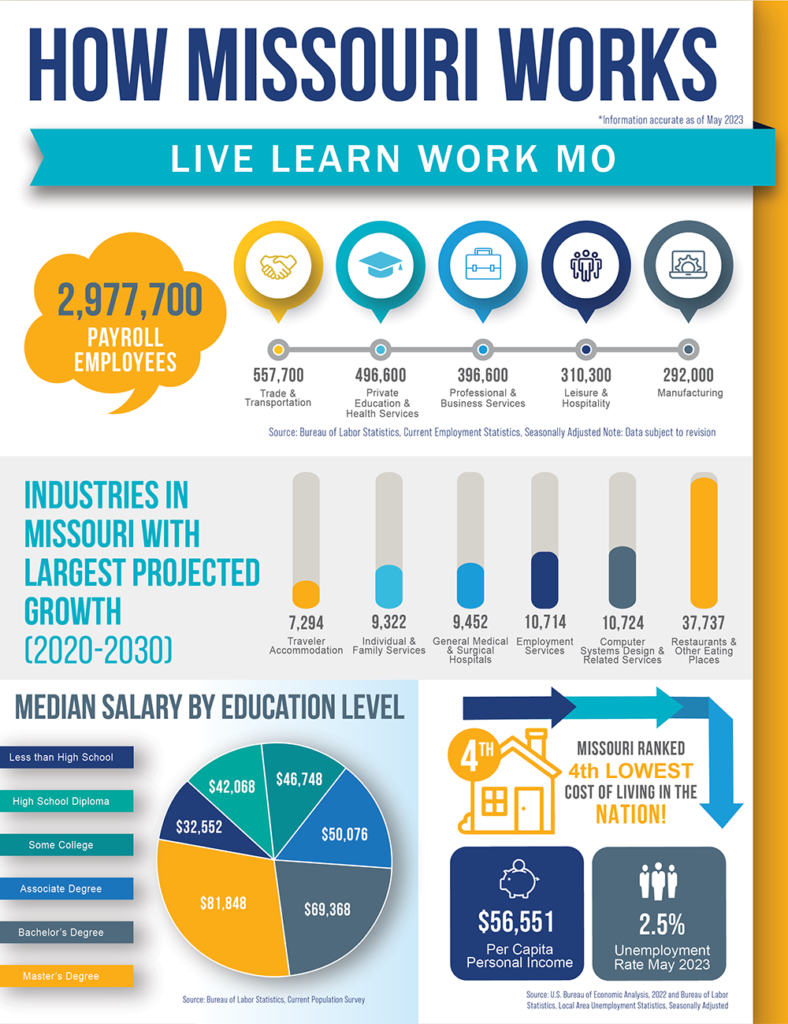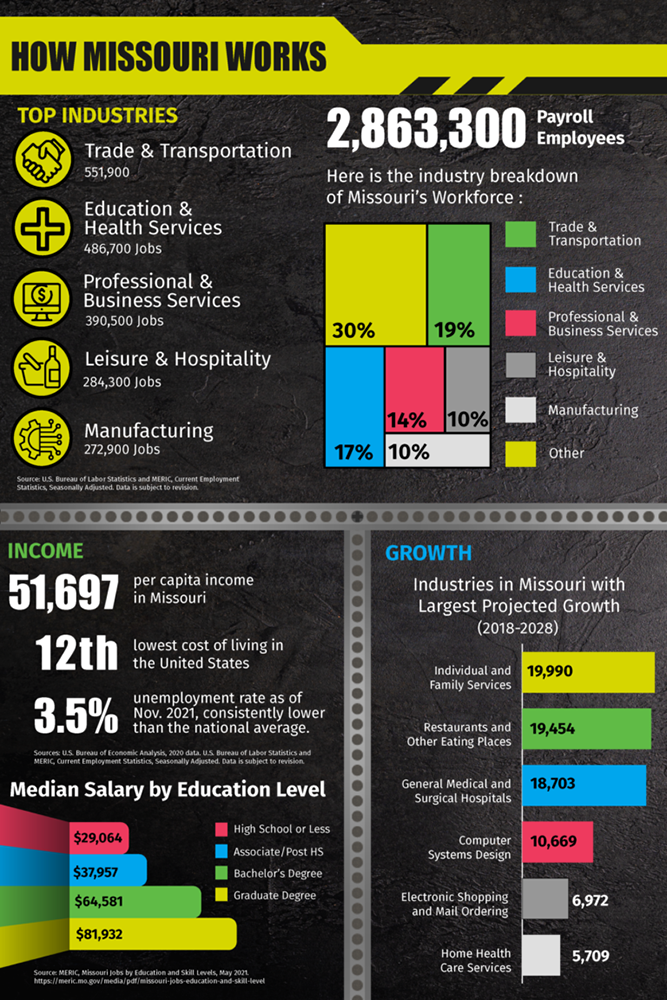So you want to work in sports? A career in sports can be a very rewarding and fun path to go down. However, it’s a super competitive field , and experience is king. Whether you want to be the director of marketing or the head coach, the path to get to each is both similar and very different at the same time. In this article, we will dive into potential paths to take to get to your end goal of a dream job working for your favorite team!
High School
 It’s perfectly normal to not know what you want to do in life when you’re in high school. There’s a lot to think about! College, a career, money, extra-curriculars, and more. To expect someone at this age to have it all figured out is crazy. However, you enjoy sports! It’s not something that every little kid dreams of, working in sports. Most dream of being out there on the field playing, but there are plenty of opportunities off the field. A lot of students don’t think of sports as a career path if they aren’t actually on the field. Don’t blame them, but those students couldn’t be more wrong. Let’s discuss some ways you could get ahead of your competition starting in high school.
It’s perfectly normal to not know what you want to do in life when you’re in high school. There’s a lot to think about! College, a career, money, extra-curriculars, and more. To expect someone at this age to have it all figured out is crazy. However, you enjoy sports! It’s not something that every little kid dreams of, working in sports. Most dream of being out there on the field playing, but there are plenty of opportunities off the field. A lot of students don’t think of sports as a career path if they aren’t actually on the field. Don’t blame them, but those students couldn’t be more wrong. Let’s discuss some ways you could get ahead of your competition starting in high school.
Wherever you are, you are likely within an hour-or-so of a college / university with some sort of athletic program. If you have options, it’s probably best to start smaller. Smaller departments, such as community colleges, often have lower barriers to entry than a large Division I institution. For starters, send an email to their athletic department. Explain that you are interested in a career in sports and see if there’s any sort of opening for you to job shadow or help out in any way.
For as many colleges as there are in sports, it’s a surprisingly tight-knit community. Many director-level employees are well-connected and can make for a great reference / job opportunity. Maybe you’re more into sports photography? Well, apply the same method. Tell them you’ll come and take pictures for free, edit some, send them to the department, and see what they think.
High school will probably be the hardest place to gain a footing in the field, since many programs won’t hire below the college level. Also, don’t get discouraged by being told no, especially if there are other options in the area. There’s a good chance you’ll hit bumps in the road on the way there. It’s also not a bad idea to attach some form of a resume / cover letter when you reach out. Any extra effort will put you that much further ahead of your competition, and doing any of this in high school gets you far ahead of the competition.
College

Now that you’ve finished high school and your next step is college, maybe you got some experience in high school. If you didn’t, you’re on the same level as everyone else who will end up in the field. The first step towards working in sports in college is getting an internship. Most colleges, even major Division I schools, hire interns with little to no experience. The same goes for coaching. A team assistant will be required to know a decent amount about the sport they want to be a part of, but no prior coaching or athletics experience is typically required.
There are internships with offices like ticketing, marketing, guest relations, and operations. Each plays its own part in making sure the team and fans have the best experience they can at a game. The two most popular are operations and marketing. Operations will handle things such as setting up and tearing down equipment, putting up tents outside the stadium for tailgates, ensuring that ushers or part-time event staff are performing their duties, and more. Marketing focuses on the fan experience aspects of the game, making sure the environment is at its best.
Sports marketing is a field where you can really let your creativity fly. From planning out themed nights for fans, to choosing the music to be played in the arena, there are lots of places during a game where marketing plays a part. The first step is to see if your chosen school has a sport management program. Many of these programs touch on all aspects of sports. From marketing, to actual management of a team, to the creative aspect behind it all. Talk to your counselor about where you want to end up, and they will do their best to get you there.
Sports programs are popping up at more and more institutions as the field becomes larger and more competitive. Counselors can also direct you towards internship opportunities. Many interns don’t start until their junior or senior year, so starting early is your biggest ally. Once you’ve found some opportunities, make sure you have time in your schedule to commit. As an intern, you’ll be working lots of games that take place in the evening and even during the day. To make a good impression, it needs to be a priority but not over schoolwork. It should be a priority over going out with friends, playing video games, or other extra-curriculars. That is not to say you’ll never be able to do these things, but there will be times you need to be able to sacrifice a night of doing something you enjoy to work a game. However, if this is a field you want to get into, it shouldn’t feel like you’re going to work anyways. It should feel like you’re just picking this hobby over the other, and having fun while doing it.
 We don’t want to sugar-coat it, though. There will be a lot of grunt-work as an intern, such as repetitive tasks, long hours, and late nights. All of this may seem unimportant at the time, but rest assured, it is a crucial part of the process. All the pom-poms in your seat when you arrive at the game, all the t-shirts you catch during timeouts, all the students shooting half-court shots, all of that is done by interns. Games wouldn’t be the same without them and their hard work. So don’t feel like you’re being undervalued or the stuff you’re doing isn’t meaningful. You definitely want to carry out these tasks with a mindset that you’re doing it to set yourself up for a more successful future. Your supervisors will take note of your hard work and dedication.
We don’t want to sugar-coat it, though. There will be a lot of grunt-work as an intern, such as repetitive tasks, long hours, and late nights. All of this may seem unimportant at the time, but rest assured, it is a crucial part of the process. All the pom-poms in your seat when you arrive at the game, all the t-shirts you catch during timeouts, all the students shooting half-court shots, all of that is done by interns. Games wouldn’t be the same without them and their hard work. So don’t feel like you’re being undervalued or the stuff you’re doing isn’t meaningful. You definitely want to carry out these tasks with a mindset that you’re doing it to set yourself up for a more successful future. Your supervisors will take note of your hard work and dedication.
Think of an internship as a very involved tryout. If you want to make the team, you must show extra effort! Take every opportunity that comes your way. If your boss messages a group of interns asking for some extra help, jump at the chance to assist. As a team assistant, you may be asked to travel extra, or even help out with game film. As an operations intern, you may be asked to stay late, arrive early, or lead a smaller team of interns if you’ve been there a while. There will be many opportunities that pop up for you to make an impact and good impression on your supervisors. Remember, they will be your best references when finding a job. If you’ve done everything listed above, there’s a great chance they will help you find a job and be in your corner every step of the way.
Post-College
You have made it through the gauntlet of being an intern in college sports and now you’re ready for the big leagues. This is where your path can go in any number of directions. Some decide to continue college and go after a master’s degree, while some are done with school and ready for their next challenge. Both are great options, but you need to make sure you have a plan in place.
Whichever route you decide to take, relocation will probably be involved, and it’s probably for the best. Relocation is something that will happen to you in the world of sports; it’s inevitable. It definitely isn’t a field where you get a job straight out of college and stay there for 5-10 years.
 Let’s start with more school, though. If you decide you want to get a master’s, the next step in the sports world is to become a graduate assistant. There are graduate assistant positions open all over the country and for most sectors within sports. Operations, marketing, and coaching all have graduate assistant opportunities. Almost every collegiate sports team has G.A. coaches on their staff. The same goes for marketing and operations. Your supervisor from undergrad could be a great resource and, as mentioned earlier, are almost always willing to help you further your career.
Let’s start with more school, though. If you decide you want to get a master’s, the next step in the sports world is to become a graduate assistant. There are graduate assistant positions open all over the country and for most sectors within sports. Operations, marketing, and coaching all have graduate assistant opportunities. Almost every collegiate sports team has G.A. coaches on their staff. The same goes for marketing and operations. Your supervisor from undergrad could be a great resource and, as mentioned earlier, are almost always willing to help you further your career.
A saying in college sports is “everyone in college sports is two connections away”. There is a great chance that your boss knows someone from a school that you are interested in. Talk to them! Use them as a resource! Especially if you’re someone who always jumped at extra chances to help out. A G.A. position is a great route to take. You get an extra degree and a ramp-up in responsibility and duty, you broaden your connections, and you get a little more experience before stepping into a full-time role.
On the other hand, getting a job straight out of college is an option as well. You may find it slightly difficult to secure a full-time position, especially if there are applicants who have been a graduate assistant or have better recommendations. On the bright side, you are getting more in-depth experience in your role than you would as a graduate assistant. As a full-time employee, higher expectations and more responsibility will fall on your shoulders. As mentioned before, experience is king and you’d be getting more of it going this route.
Either option is great. It’s just about balancing your priorities and what makes the most sense for you!
In conclusion,
Working in sports is a whirlwind. It’s full of constant action, passes to every game, and it’s in an environment where teamwork and culture come first. There are amazing benefits to working in sports, and it really can be a career you stay in for life. Just make sure you’re committed. You’ll have to travel, relocate, work overtime, make tough decisions, manage people your age and older, and more. Most of that will probably occur while still in college too. However tough it may be, the payoff is incredible. Seeing tens, to hundreds, to thousands, to tens of thousands of fans enjoy an experience that you planned out, seeing them sing along to a song you picked, and seeing fans and teams utilize the things that you have set up for them is so rewarding.
Now, keep in mind that this article is in no way meant to be an exact syllabus that you have to follow in order to succeed in sports. There are so many other paths to take. These are just a few that could definitely get you to where you want to be. So, if you’re still thinking about a career in sports, go for it! You never know what opportunities lie ahead.


 It’s perfectly normal to not know what you want to do in life when you’re in high school. There’s a lot to think about! College, a career, money, extra-curriculars, and more. To expect someone at this age to have it all figured out is crazy. However, you enjoy sports! It’s not something that every little kid dreams of, working in sports. Most dream of being out there on the field playing, but there are plenty of opportunities off the field. A lot of students don’t think of sports as a career path if they aren’t actually on the field. Don’t blame them, but those students couldn’t be more wrong. Let’s discuss some ways you could get ahead of your competition starting in high school.
It’s perfectly normal to not know what you want to do in life when you’re in high school. There’s a lot to think about! College, a career, money, extra-curriculars, and more. To expect someone at this age to have it all figured out is crazy. However, you enjoy sports! It’s not something that every little kid dreams of, working in sports. Most dream of being out there on the field playing, but there are plenty of opportunities off the field. A lot of students don’t think of sports as a career path if they aren’t actually on the field. Don’t blame them, but those students couldn’t be more wrong. Let’s discuss some ways you could get ahead of your competition starting in high school.
 We don’t want to sugar-coat it, though. There will be a lot of grunt-work as an intern, such as repetitive tasks, long hours, and late nights. All of this may seem unimportant at the time, but rest assured, it is a crucial part of the process. All the pom-poms in your seat when you arrive at the game, all the t-shirts you catch during timeouts, all the students shooting half-court shots, all of that is done by interns. Games wouldn’t be the same without them and their hard work. So don’t feel like you’re being undervalued or the stuff you’re doing isn’t meaningful. You definitely want to carry out these tasks with a mindset that you’re doing it to set yourself up for a more successful future. Your supervisors will take note of your hard work and dedication.
We don’t want to sugar-coat it, though. There will be a lot of grunt-work as an intern, such as repetitive tasks, long hours, and late nights. All of this may seem unimportant at the time, but rest assured, it is a crucial part of the process. All the pom-poms in your seat when you arrive at the game, all the t-shirts you catch during timeouts, all the students shooting half-court shots, all of that is done by interns. Games wouldn’t be the same without them and their hard work. So don’t feel like you’re being undervalued or the stuff you’re doing isn’t meaningful. You definitely want to carry out these tasks with a mindset that you’re doing it to set yourself up for a more successful future. Your supervisors will take note of your hard work and dedication.  Let’s start with more school, though. If you decide you want to get a master’s, the next step in the sports world is to become a graduate assistant. There are graduate assistant positions open all over the country and for most sectors within sports. Operations, marketing, and coaching all have graduate assistant opportunities. Almost every collegiate sports team has G.A. coaches on their staff. The same goes for marketing and operations. Your supervisor from undergrad could be a great resource and, as mentioned earlier, are almost always willing to help you further your career.
Let’s start with more school, though. If you decide you want to get a master’s, the next step in the sports world is to become a graduate assistant. There are graduate assistant positions open all over the country and for most sectors within sports. Operations, marketing, and coaching all have graduate assistant opportunities. Almost every collegiate sports team has G.A. coaches on their staff. The same goes for marketing and operations. Your supervisor from undergrad could be a great resource and, as mentioned earlier, are almost always willing to help you further your career. 



 Missouri ranks No.4 in the nation in opportunity for its citizens, according to USnews.com. Missouri is a great place to start or own a business, boasting a rank of 11 in the country. Missouri’s businesses weathered the pandemic better than most and the state was ranked third in the nation for pandemic proof small businesses.
Missouri ranks No.4 in the nation in opportunity for its citizens, according to USnews.com. Missouri is a great place to start or own a business, boasting a rank of 11 in the country. Missouri’s businesses weathered the pandemic better than most and the state was ranked third in the nation for pandemic proof small businesses. 







